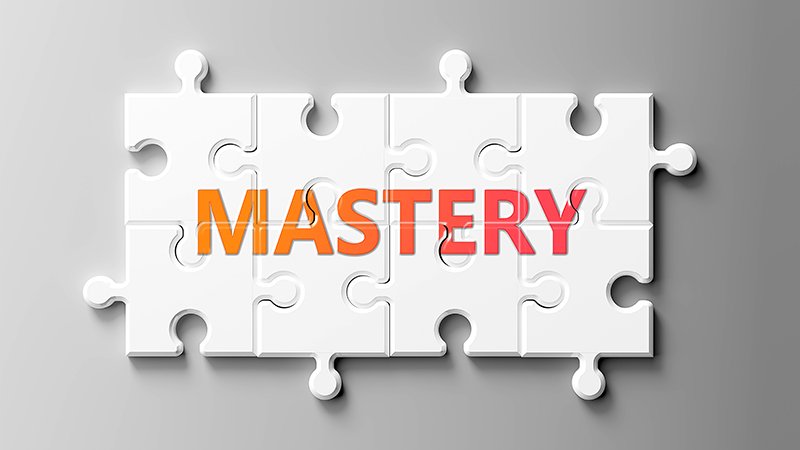I think that there are limitations in the current metrics when capturing certain human values and experiences as the below five things we don’t have metrics for, and humans really care about:
Status
Certainly
Autonomy
Relatedness
Fairness
Each of these elements can have a different impact depending on the context. They all hold significant importance in human lives and don’t feature in traditional economic models or market research. Which ones do you think are a threat, and which ones will you reward?
I think by understanding and incorporating these dimensions into assessments and policies could be crucial for creating more holistic models that reflect human experiences more accurately.





